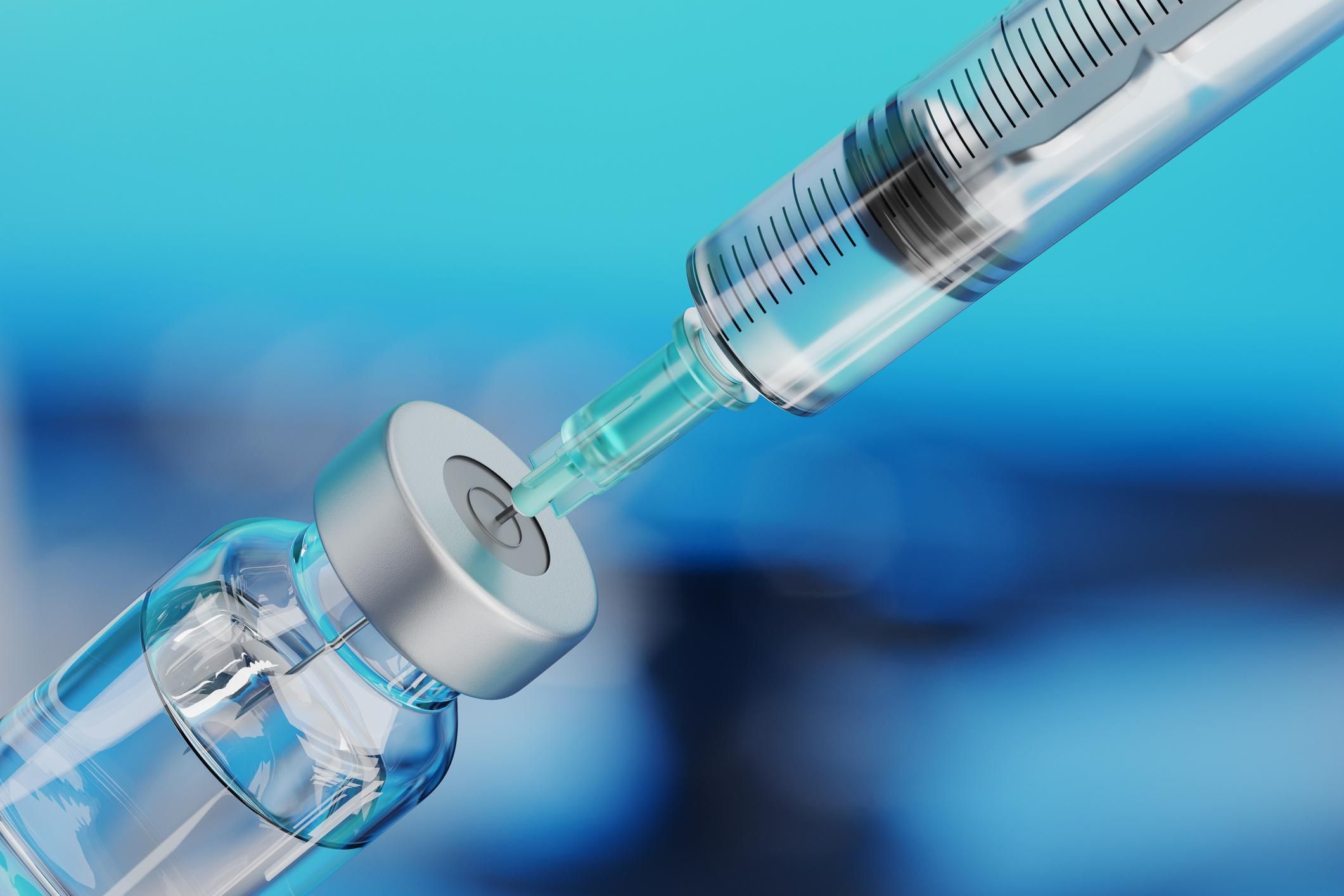Table of Contents
[ad_1]
By Matt Motta, Oklahoma Point out University and Timothy Callaghan, Texas A&M College
American attitudes towards scientific expertise have grow to be increasingly contentious in recent years. But several people across the political spectrum however place superior stages of rely on in their individual doctors. Correspondingly, each preferred media and community wellness officers have inspired physicians to serve as solid advocates for COVID-19 vaccination.
At the similar time, having said that, there have been quite a few instances of physicians expressing skepticism about vaccines in the media. Even though the American Clinical Affiliation observed that 96% of medical professionals claimed currently being entirely vaccinated versus COVID-19 in June 2021, some higher-profile physicians have distribute misinformation about vaccine safety. Some patients have also claimed that their personal physicians discouraged them from obtaining vaccinated on both clinical and non-medical grounds.
A person conservative team of medical professionals named the American Association of Medical professionals and Surgeons, which counts Republican Senator and ophthalmologist Rand Paul between its members, presents numerous examples of how some doctors actively boost vaccine skepticism.
Subsequent the 2015 Disneyland measles outbreak, AAPS shared a press release falsely linking the measles, mumps and rubella vaccine to autism in small children, a claim based mostly on fraudulent analysis that the scientific community has commonly discredited. The group has also taken lawful motion to stimulate parental noncompliance with childhood vaccine mandates, applying misinterpreted data to counsel that COVID-19 vaccines are uniquely hazardous in comparison to other vaccines.
Although groups like AAPS do not stand for the sights of most medical professionals, these illustrations increase an important concern: Just how widespread is medical doctor vaccine hesitancy, and why may well some medical professionals maintain damaging views towards vaccines?
As political science and health coverage scientists finding out vaccine hesitancy, we wanted to solution this issue. Our latest examine found that the exact factors assumed to inspire hesitancy in the standard public – like obtaining right-leaning political views – may well also motivate physician opposition to vaccination.
Health practitioner vaccine self esteem is a mixed bag
In May 2021, we requested 625 primary care medical professionals nationwide about their common attitudes towards vaccines and whether or not they considered vaccines are risk-free, powerful and crucial. We also requested PCPs how a lot self confidence they had in the protection of the Moderna, Pfizer-BioNTech and Johnson & Johnson COVID-19 vaccines, which had been each individual approved for emergency use in the U.S. at the time. Respondents answered these questions on a scale ranging from “strongly agree” to “strongly disagree.”
We also surveyed possible factors that could influence physician attitudes towards vaccines. These included political ideology, earlier an infection with COVID-19, religiosity and common demographics like gender, race, ethnicity and cash flow.
On the floor, our results supply some reassuring news for working with medical professionals as foremost vaccine promoters. We located that only 5.2% of PCPs were being unvaccinated against COVID at the time of our survey, echoing the conclusions of the American Clinical Association’s June 2021 survey. In addition, our benefits suggest that PCPs’ sights towards vaccines are overwhelmingly beneficial – 88% of physicians agreed or strongly agreed that vaccines in typical are secure. Likewise, 90% of physicians agreed that vaccines are effective, and 89% agreed that vaccines are crucial. When we compared our PCP responses to responses from the general public on the exact same questions, we located that PCPs are 19% far more most likely to strongly concur that vaccines are risk-free and 16% a lot more probably to strongly concur they are productive.
Digging further into the details, even so, reveals some troubling trends. Even if most physicians are very well-positioned to provide as vaccination advocates, our results however recommend that 10.1% of PCPs do not agree that vaccines in typical are safe. Likewise, 9.3% do not concur that all vaccines are powerful, and 8.3% do not agree that they are critical.
PCP political leanings and former health and fitness activities may possibly help clarify why some maintain detrimental views toward vaccination. We observed that politically conservative PCPs and all those who formerly contracted COVID-19 have been 19% much less very likely to believe that that vaccines in common are protected and successful.
We identified similar effects when inspecting confidence in the a few COVID-19 vaccines accessible in the U.S. at the time, a very little around 6 months immediately after the very first vaccine was authorized. Close to 90% of PCPs had been either “very confident” or “confident” in the security of the Pfizer-BioNTech and Moderna vaccines. Still, 9.5% and 8.7% lacked self-confidence in the safety of the Moderna and Pfizer-BioNTech vaccines, respectively. Only 68% of physicians expressed self-confidence in the Johnson & Johnson vaccine, probable due to reports of its relatively lesser performance at the time.
Why this matters

iStock.com/Kuzmik_A
Our study finds that medical doctor vaccine hesitancy is a lot more widespread than vaccination strategies could have assumed. Vaccine hesitancy amid doctors is also probably motivated by the similar variables that motivate hesitancy in the general community. This likely poses a challenge for vaccination efforts that rely on physicians to promote vaccine uptake.
[Over 150,000 readers rely on The Conversation’s newsletters to understand the world. Sign up today.]
Nevertheless, our work presents room for possible optimism and approaches to enhance vaccine confidence in this team.
Partisanship, for illustration, plays an significant position in shaping vaccine hesitancy. As a result, practices revealed to increase vaccine attitudes in the standard community – these types of as highlighting GOP politicians with more constructive sights towards vaccination – could likely improve aid for vaccination among the physicians as effectively. In our check out, learning strategies to persuade vaccine enthusiasm amongst PCPs could assist “move the needle” on vaccine uptake in the U.S.![]()
Matt Motta, Assistant Professor of Political Science, Oklahoma Condition College and Timothy Callaghan, Assistant Professor of Wellbeing Coverage and Management, Faculty of Public Well being, Texas A&M University
This write-up is republished from The Conversation under a Creative Commons license. Read through the authentic write-up.
[ad_2]
Source website link







More Stories
Bikini Pageant Competitor Gets in Shape for 40
Indiana abortion debate draws protest crowds, vice president | Live Well
Can You Use Bondic On Teeth? Get The Facts Before You Try